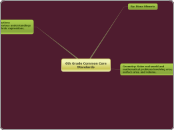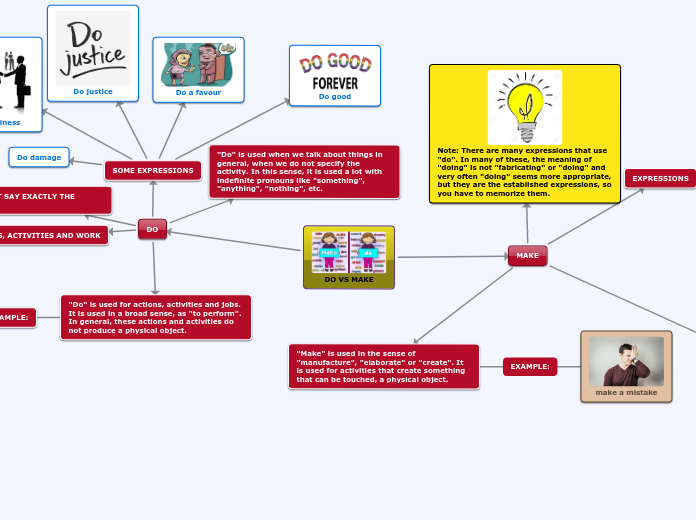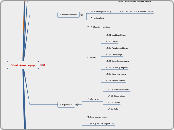von Diana Olivarria Vor 11 Jahren
312
6th Grade Common Core
Sixth-grade Common Core standards for expressions and equations emphasize extending arithmetic knowledge to algebraic expressions. Students learn to apply properties of operations, such as the distributive property, to generate equivalent expressions.









